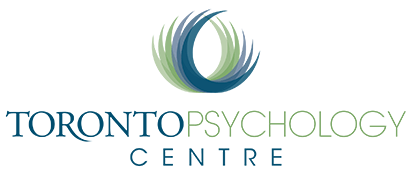Depressive Disorders
“Only when we are brave enough to explore the darkness will we discover the infinite power of our light.” – Brene Brown
Life encompasses moments of feeling “down” or sad, which are natural facets of our human experience. However, persistent low mood and a continual disinterest in activities that once brought us joy are indicative of depression. Therapy for depression can help you reengage in life and feel better.
Living with depression can create a narrow perspective. Depression not only amplifies negative emotions but also severs the connection to positive ones, such as curiosity, joy, love, and contentment.
Visualize depression as a pair of dark goggles distorting your perception of the world, yourself, and the future. This negative lens can heighten sensitivity to rejection and criticism. It can also lead you to withdraw from social connections, strain your relationships, and deepen feelings of isolation. Getting stuck in a cycle of self-criticism and rumination is common, contributing to feelings of worthlessness, guilt, and hopelessness.
Depressive disorders share common traits, featuring a pervasive sense of sadness, emptiness, or irritability. These feelings are accompanied by physical and cognitive changes that impede one’s ability to work, connect with others, or derive pleasure from once-enjoyed activities.
Beginning a journey to understand and address your depression is an empowering step towards reclaiming your life. Therapy is effective! Illuminate the path to well-being by exploring the darkness together with your therapist and rediscovering the brilliance of your inner light. Reach out now to get started.
Treatment for Depressive Disorders
There are numerous effective therapies for depressive disorders. Although there is overlap between these, each approach has a different primary focus for change. Some of the more common approaches include:
Cognitive Behaviour Therapy (CBT): CBT targets your thoughts and behaviours with a goal of changing negative or unhelpful thinking patterns and engaging in behaviours that are rewarding.
Emotion Focused Therapy (EFT): EFT targets an individual’s narrowed emotional experience and focus on transforming maladaptive emotions.
Acceptance and Commitment Therapy (ACT): ACT focuses on changing your relationship to your thoughts and emotions and taking committed action toward a more meaningful life based on your personal values.
Interpersonal Therapy (IPT): IPT addresses relational problems contributing to depression as well as enhancing social support.
These therapies have all proven effective and can lead to reductions in depressive symptoms, interpersonal distress, and negative beliefs about self, others, and the world. Therapy for depression has also been shown to result in benefits such as healthier coping skills, improved social and intimate relationships, increased self-esteem and renewed connection to positive emotions.
Please contact us to start treatment for depression today.

